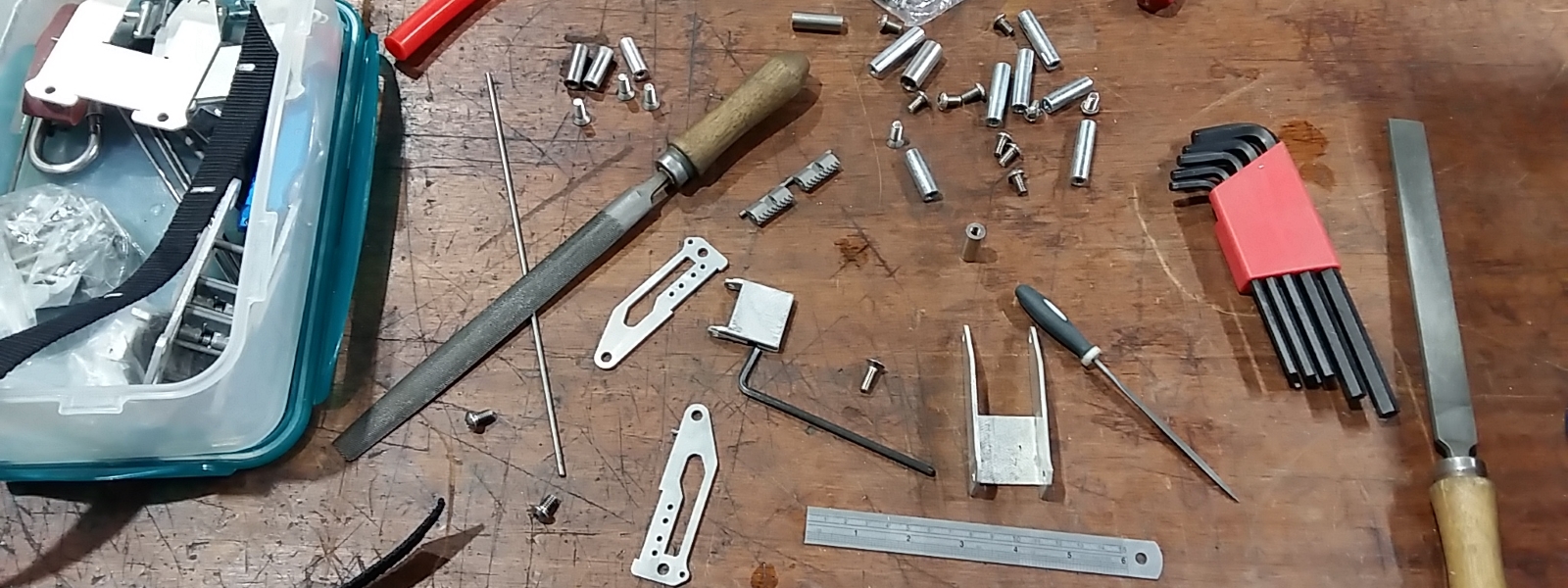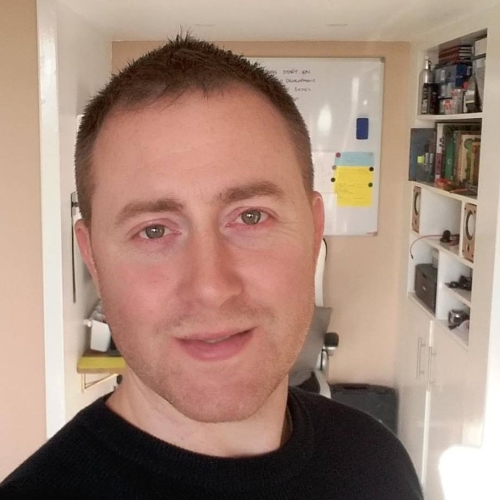What made you look at the University of Strathclyde as an institution option?
I was living up in the Scottish Highlands when I decided to look into furthering my education. I had a well-developed set of manual skills for machining, fabrication and manufacture, but I was frustrated as most employers didn’t recognise my skill set or experience. I wanted to do something which tied all of my skills together under one qualification, so I started looking for a degree course that would suit me as a mature student.
I approached the University of Strathclyde and found out about their Product Design Engineering course.
I thought it seemed like the perfect degree programme for me as it incorporated all aspects of engineering and prototyping into a qualification with the added bonus of design.
I knew straight away that this qualification would suit me as it complimented my experience while adding additional skills that neatly tied everything into one.
How did you find out about the Engineering Academy route?
I spent some time in discussions with Andrew McLaren (the Vice Dean of Strathclyde) because I had left school so long ago that some of my qualifications were not enough to gain direct access, the qualifications I had granted me access via the Engineering Academy, which was a welcome blessing as the college teaching style gave me a chance to catch up to the other students on standard subjects such as maths and physics.
What were the main differences between studying in college and university?
The college has a very personal teaching style, similar to school. The classes were small, and the teachers really knew your strengths and weaknesses, they have a very “hands on” approach to getting you through, it is the ideal transition for someone going from full time employment to full time education who needs some extra support.
At university the responsibility to succeed is on you, help is always available but in a very different format, everything is self-driven and self-managed and the classes are a bit bigger. Through this you learn to organise your own time and ensure you meet deadlines which is an important skill to learn before working in industry. It is a big responsibility but definitely worth it.
Why did you choose to study Product Design Engineering?
As previously mentioned, mechanical engineering was a subject I was already familiar with, I wanted a degree which allowed me to combine all of my previous experience. Although I worked in engineering I did not have an academic level qualification to represent that skill set. Everything I made had to be designed, so a degree where you learn how to design things was the best option for me.
Learning CAD software really elevated my skill set and added so much value to services I offered, additionally, understanding all of the different manufacturing methods was a real advantage.
What were the highlights of your course?
To see something that I had designed on paper, then on CAD, to a physical prototype was great.
Every time I built something that worked when I put it together was very satisfying.
What was it like studying in DMEM?
The university in general is outstanding, especially the new gym! It was my second home.
The facilities within DMEM are brilliant as well, they have everything. Studying in DMEM was great, the Technicians are very helpful, and the Lecturers are so enthusiastic and clearly love what they do.
Did you have any opportunities or internships during your studies?
I worked for Cummins Diesel Recon for a summer, which was a great experience and gave me the opportunity to put my new engineering skills into practice.
I also started my own design company in 2018 and advertised my services as a design engineer, I have been fortunate enough to gain multiple clients in industry.
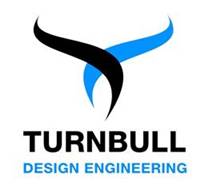
Furthermore, I designed and patented a device for use in the fitness industry, gaining funding for the invention was only possible through the guidance from Jose Hernandez a DMEM lecturer who has experience with getting products to market.
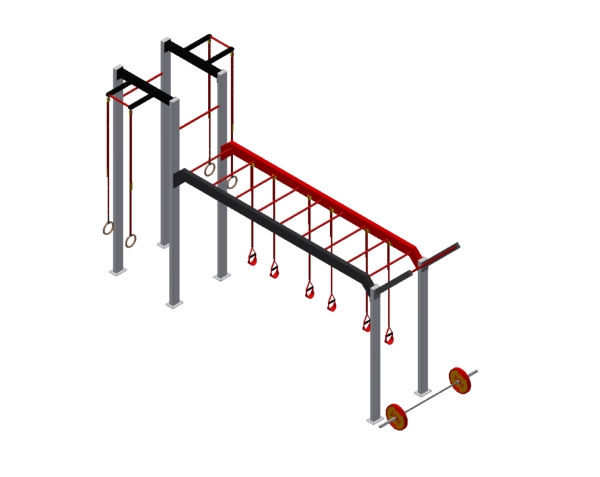
I’ve thoroughly enjoyed developing my fitness device from prototype, through development to a potential final product trialling different materials and manufacturing options.
Essentially showing the device evolution from the original plastic devices to the current concepts.
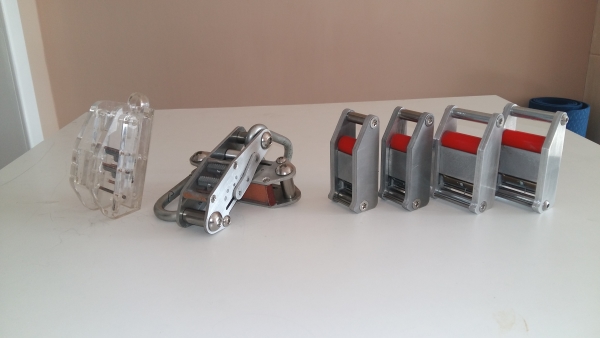
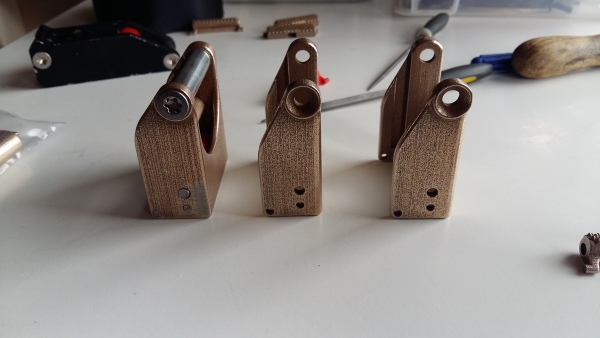
Tell us about your company?
Turnbull Design Engineering recently won a product pitching event at Scottish Edge, which is a competition aimed at identifying and supporting Scotland’s up-and-coming, innovative, high-growth potential entrepreneurial talent. Winning this will provide £10,000 of funding towards the business.
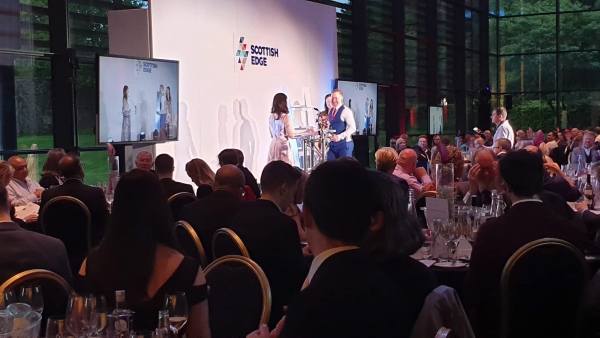
I am also a runner up at the Converge Challenge, so if I win the pitching event they will provide £20,000 which will push one of my products onto the market. If I am successful I will use the profits to grow the design business.
I would like to be in the position to employ other designers and work a split role where we offer a design service for clients whilst also inventing our own products - Mix the hard work with a bit of creative freedom.
What are your ambitions for the future?
I hope to embark on a group project with some of my peers to test the feasibility of creating a business which converts internal combustion engine vehicles to electrified vehicles. It is in line with current trends as new laws are coming in which promote decarbonisation in Europe.
It may sound ambitious however with the right team it is a feasible undertaking, the model has been proven in California and has been a dream of mine for several years.
What advice would you give to someone considering coming to study in DMEM?
Learn the CAD software, the greater your CAD skills are the stronger your ability is to represent your ideas in a professional format. CAD should be second nature by year 2.
Make friends with all of the technicians in the prototyping and precision engineering workshops, the amount of things you can get made is amazing but it’s a lot to learn, the more you know about prototyping and different methods of building things the stronger position you will be in throughout the entire course.
In many cases the university offers a lot more outside of your curriculum, attend as many of the events as you can, learn about the different industries as you never know where the next opportunity might be!
